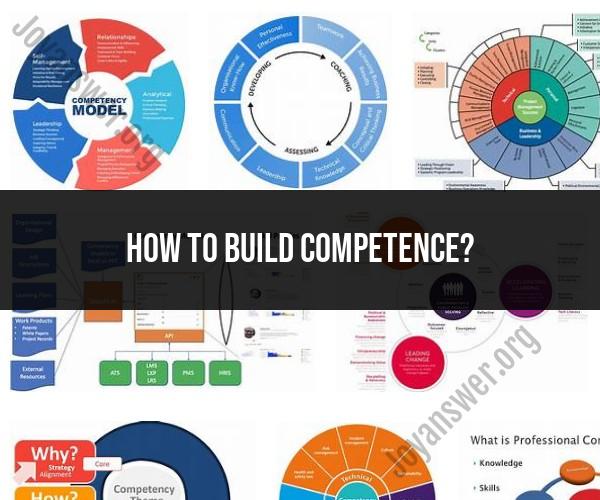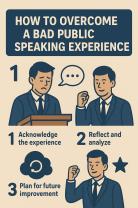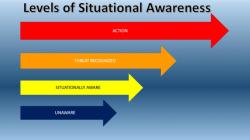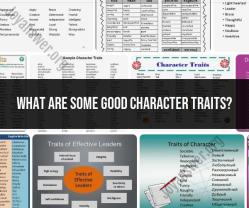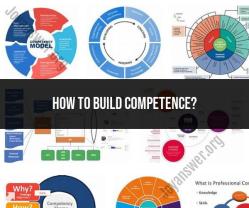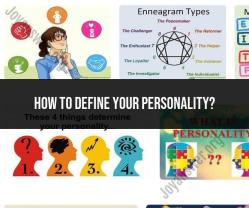How to build competence?
Building competence in any skill or area requires a systematic approach and consistent effort. Here are steps to help you develop and build competence:
Set Clear Goals:
- Define specific, measurable, achievable, relevant, and time-bound (SMART) goals for what you want to achieve. Having clear objectives gives you a direction to work towards.
Identify Your Motivation:
- Understand why you want to develop competence in a particular skill. Your motivation will help you stay committed during challenging times.
Research and Gather Information:
- Start by gathering information about the skill or area you want to become competent in. Read books, articles, watch videos, and seek advice from experts.
Create a Learning Plan:
- Break down your learning journey into manageable steps or milestones. This plan will serve as your roadmap for skill development.
Practice Regularly:
- Consistent practice is key to building competence. Dedicate regular time to practicing the skill, whether it's daily, weekly, or according to your plan.
Seek Feedback:
- Feedback is crucial for improvement. Solicit feedback from mentors, peers, or instructors, and use it constructively to make adjustments.
Learn from Mistakes:
- Mistakes are opportunities for learning. Analyze your errors, understand what went wrong, and use this information to refine your skills.
Continuously Improve:
- Don't settle for mediocrity. Strive for excellence by constantly seeking ways to improve your skill, even after you've reached a competent level.
Stay Updated:
- Many skills evolve with time. Stay current by keeping up with industry trends, new techniques, or changes in best practices.
Join Communities:
- Networking with others who share your interests can be immensely beneficial. Join forums, clubs, or online communities related to your skill to exchange ideas and gain insights.
Take Courses and Training:
- Consider enrolling in courses or training programs that are relevant to your skill. Formal education can provide structured learning and certifications.
Track Your Progress:
- Keep a record of your progress. This can be in the form of a journal, portfolio, or simply tracking milestones to see how far you've come.
Stay Patient and Persistent:
- Building competence takes time. Be patient with yourself and stay persistent, especially when facing challenges or slow progress.
Teach Others:
- Teaching what you've learned to others can reinforce your own understanding and competence. It also helps you see the skill from different perspectives.
Reflect and Adapt:
- Periodically reflect on your journey. Assess whether your goals have changed, and adapt your learning plan accordingly.
Celebrate Achievements:
- Acknowledge your achievements, no matter how small they may seem. Celebrating milestones can boost your motivation.
Stay Humble and Open-Minded:
- Recognize that there is always more to learn. Stay open to new ideas and approaches, and remain humble about your competence.
Remember that building competence is a continuous process. Skills can be developed and honed over time with dedication, effort, and a commitment to lifelong learning. Keep your goals in mind and stay determined on your journey to competence.
Building Competence: Steps to Enhance Skills and Knowledge
- Identify your goals. What do you want to be competent in? Once you know what you want to achieve, you can start to develop a plan.
- Assess your current skills and knowledge. What do you already know and know how to do? What areas do you need to develop?
- Find learning opportunities. There are many ways to learn new skills and knowledge, including:
- Taking classes or workshops
- Reading books and articles
- Watching online tutorials
- Shadowing or mentoring someone who is more experienced
- Taking on new challenges at work or in your personal life
- Practice regularly. The more you practice, the better you will become. Make time to practice your new skills and knowledge on a regular basis.
- Get feedback. Ask others for feedback on your performance. This can help you identify areas where you need to improve.
Developing Competence: Strategies for Skill Improvement
- Set specific and measurable goals. What do you want to be able to do by the end of the week, month, or year? Once you have specific goals, you can break them down into smaller, more manageable steps.
- Find a mentor or coach. Having someone to guide you and provide feedback can be invaluable as you develop your skills.
- Take advantage of training and development opportunities. Many employers offer training and development programs to help their employees grow and develop their skills. If your employer doesn't offer any formal programs, look for opportunities to learn from your colleagues or take online courses.
- Join a professional organization or community. This can be a great way to network with other professionals, learn about new trends and developments, and find opportunities to develop your skills.
- Never stop learning. The world is constantly changing, so it's important to keep learning and developing new skills. Read industry publications, attend conferences, and take online courses to stay up-to-date on the latest trends and developments.
Competence Building: Advancing Knowledge and Abilities
- Identify your strengths and weaknesses. What are you good at? What areas do you need to improve in? Once you know your strengths and weaknesses, you can focus on developing your skills and knowledge in the areas where you need the most improvement.
- Set realistic goals. Don't try to learn everything at once. Set small, achievable goals for yourself and work towards them one step at a time.
- Find a learning style that works for you. Some people learn best by reading, while others learn best by doing. Experiment with different learning methods to find what works best for you.
- Be patient and persistent. Developing competence takes time and effort. Don't get discouraged if you don't see results immediately. Just keep working at it and you will eventually reach your goals.
Here are some additional tips for building competence:
- Be proactive. Don't wait for opportunities to come to you. Seek out new challenges and learning opportunities.
- Be willing to take risks. Don't be afraid to try new things and step outside of your comfort zone. This is how you will learn and grow.
- Be reflective. Take some time each day to reflect on what you have learned and how you can improve. This will help you stay on track and reach your goals.
Building competence is an ongoing process. It takes time, effort, and dedication. But it is an investment that is well worth making. Competent people are more likely to be successful in their careers, and they are also more likely to be fulfilled and satisfied in their lives.
